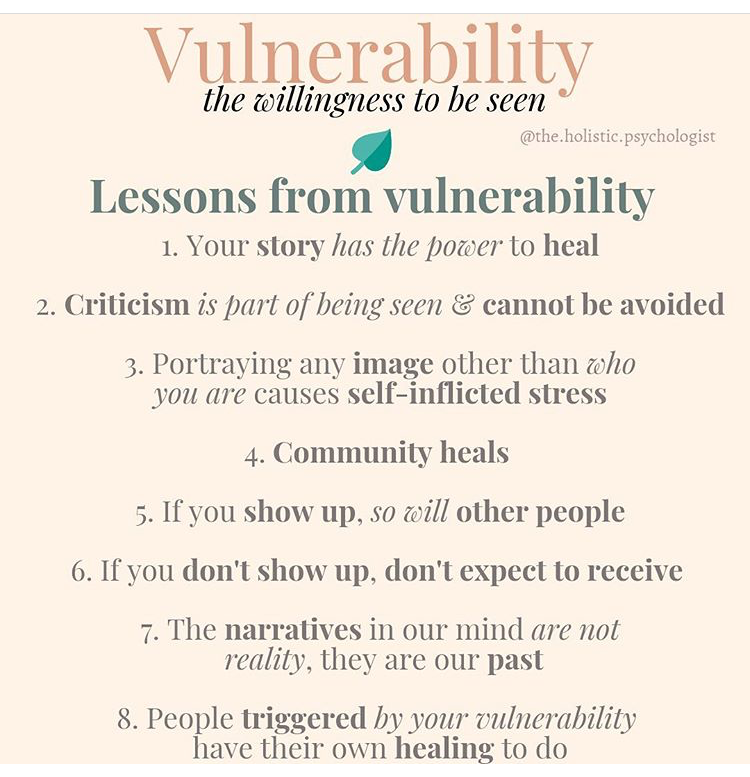What I’m trusting: My heart & My voice
A small cascade of awareness poured over me after publishing my last essay. I’ve been tempted to edit the entry to reflect where I am today. But that smacked of revisionist history on the micro level. I stepped away from temptation.As is often the case, communicating with others and reflecting quietly on my own helped me wake up and choose, yet again, to practice gentleness with myself. And in so doing, to move deeper into trusting my own heart and my own voice.
Old Habits
Trusting myself, my heart & my voice is something I practice, but have yet to do with consistency or ease. As I wrote in the entry Trust Issues, I learned to doubt myself before I learned to write my own name. Self-doubt easily grew into distrusting and disliking of myself. Realizing early that my actions and motives would be judged, I developed a self-shielding tactic. Before stating an idea or taking an action, I would run a quick mental inventory of possible criticisms and derisive comments. Then, to minimize the sting, or steal the thunder from my critic, I’d issue a disclaimer. “This may seem ___________ to you, but…” Or, “I understand that some people might question my motivation, but…”
What, Redeem?
In my last entry, Becoming a Crone & Beams of Love, under the headings Redeeming Stories and Croning my Art, I wrote that I need/want to redeem the stories I tell about my family of origin. I expressed my desire to exorcise the past, to use my voice to get even. I did this because I was afraid of criticism. I felt really vulnerable. Skipping truth #1: Your story has the power to heal, I took a deep dive into truth #2: Criticism is part of being seen. I wanted to avoid that bit.With an economy of words I assumed my old habits. I anticipated a variety of cutting comments and judgments. Next I self-shielded and issued a disclaimer. I wanted to be seen, but not criticized.
Skipping truth #1: Your story has the power to heal, I took a deep dive into truth #2: Criticism is part of being seen. I wanted to avoid that bit.With an economy of words I assumed my old habits. I anticipated a variety of cutting comments and judgments. Next I self-shielded and issued a disclaimer. I wanted to be seen, but not criticized.
Note: I talk a good vulnerability game; however, living this out in real time is not easy, comfortable, or instinctive.
Just below the surface, I worried that relating my experiences with candor would get me called out. #You're so mean! #How petty! #You should be more Christian. After all, the general understanding is that we must forgive. Once we forgive, we must forget. Or at least stop talking about what happened. If you are really at peace, content, even happy in the present, why spend time reflecting on the loss, wounding, and grief caused in the past?But reflecting on the pain of the past is what the artwork for my thesis show does. I render the memory of my feelings of being erased, of contorting to accommodate others, of never being or doing enough in tangible forms. Each piece is a small slice of autobiography—without a neat or cheery conclusion.
Lies Challenged
As I wrote about the goodness and encouragement of my Crone Party, the lies of my past were challenged. I said that the party felt like dancing on the grave of those lies as a group of trusted friends made it clear I am friendable, not unfriendable as I long believed. My past can serve up a ridiculously lush sample platter of lies. Perhaps you can relate.As I celebrated the death of one lie, another grabbed me by the heart: What if my work (and who I am) is misunderstood? I issued a disclaimer. Then I asked to be held in the light as I made myself willing to find a redemptive twist for the past. Change my tune about how it felt. Revisionist history on the micro level.
A Cascade of Awareness
 My daughter sent me this text the day after I posted What I'm Grateful For. Her insight stunned me. That same day, I listened to the podcast that prompted her text and took notes. In the podcast, I heard the host, psychologist Tara Brach. say something like this:
My daughter sent me this text the day after I posted What I'm Grateful For. Her insight stunned me. That same day, I listened to the podcast that prompted her text and took notes. In the podcast, I heard the host, psychologist Tara Brach. say something like this:
It has been said that forgiveness means letting go of all hope of having a better past.”
That took a moment to process. Once I did, the words landed in that place that knows when truth has been spoken.Sitting with this sentence, I realized that I was relating to the word redemption like a star-struck fangirl. In awe and slightly overwhelmed, I stammered for words wondering if I could ask for a selfie next to someone so far out of my league. I’m not that way with people, but it's a different story with ideals. I was operating under the misguided notion that redemption meant fixing my past, rewriting it to make it more pleasant for general consumption. Find a cheery ending or overlooked plot twist that would make it all more comfortable for viewers. Revisionist history on the micro level.Today I step away from the temptation.Redemption, as I understand it now, means something else.
Redemption means I write the ending.
The past cannot be changed, but I can keep rewriting that ending until the day I die.
A Satisfying Present vs Hope for a Better Past
Momentarily, the me that wrote the previous entry—the deeply grateful and self-shielding one—was ill-equipped to know how to love and trust her Self. I thought that to make redemptive work, I’d need to show my process of forgiveness. Prove I’ve done the work. Confirm that the loss, wounding, and grief of my past had a silver lining. Reveal the burden of my past as necessary for my rich and satisfying present. Some aspects of this cannot be shown or proven. It must be received in good faith that I have let go of all hope of having a better past. And other aspects of this are exactly what my artwork tries to show:
We redeem the past by owning it, staying with our scared, lonely, misunderstood childhood selves and whispering ever so softly, I see you. I hear you. Nothing is wasted. It’s all good material.
Trusting my Heart & my Voice
The practice I’ve begun including as I center at the start of each day is trusting my own heart & my own voice. Many of the new thoughts and beliefs I learn now parallel patterns of the past I want to unlearn and uproot. Practice with intention is the best I’ve got for both the learning and the unlearning. While there may be mastery in the sweet by and by, today I’m signing up for showing up. Here are variations of what I’m writing in my journal:
- I trust my heart, its willingness to feel, to give, and to forgive, its desire to be open, generous, and trusting.
- I trust my heart to recognize and maintain healthy boundaries.
- I trust my voice and my ability to speak with courage & honesty—sometimes fierce, sometimes tender.
This is the final entry for this series. Thank you for your company. I wonder what will be next?If you've found the prompts interesting, here they are once more.
What resonated with you as you read today, or what got you thinking as you read other essays in this collection? I'd love to know.
You can find the podcast Justin recommended HERE. A summary of Tara Brach’s RAIN of Forgiveness can be found by scrolling down on the page HERE. Thank you, Tara. 🙏🏽

